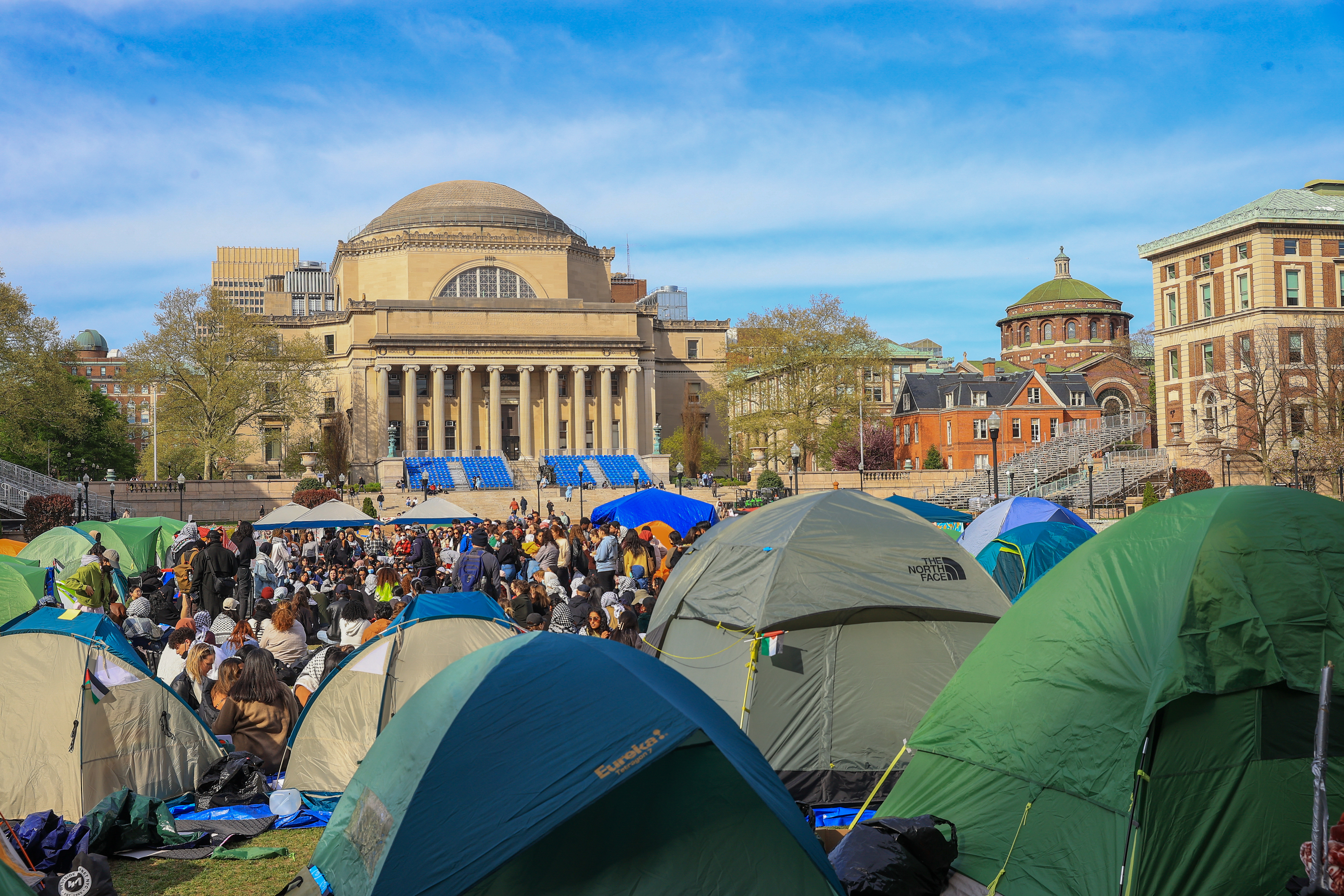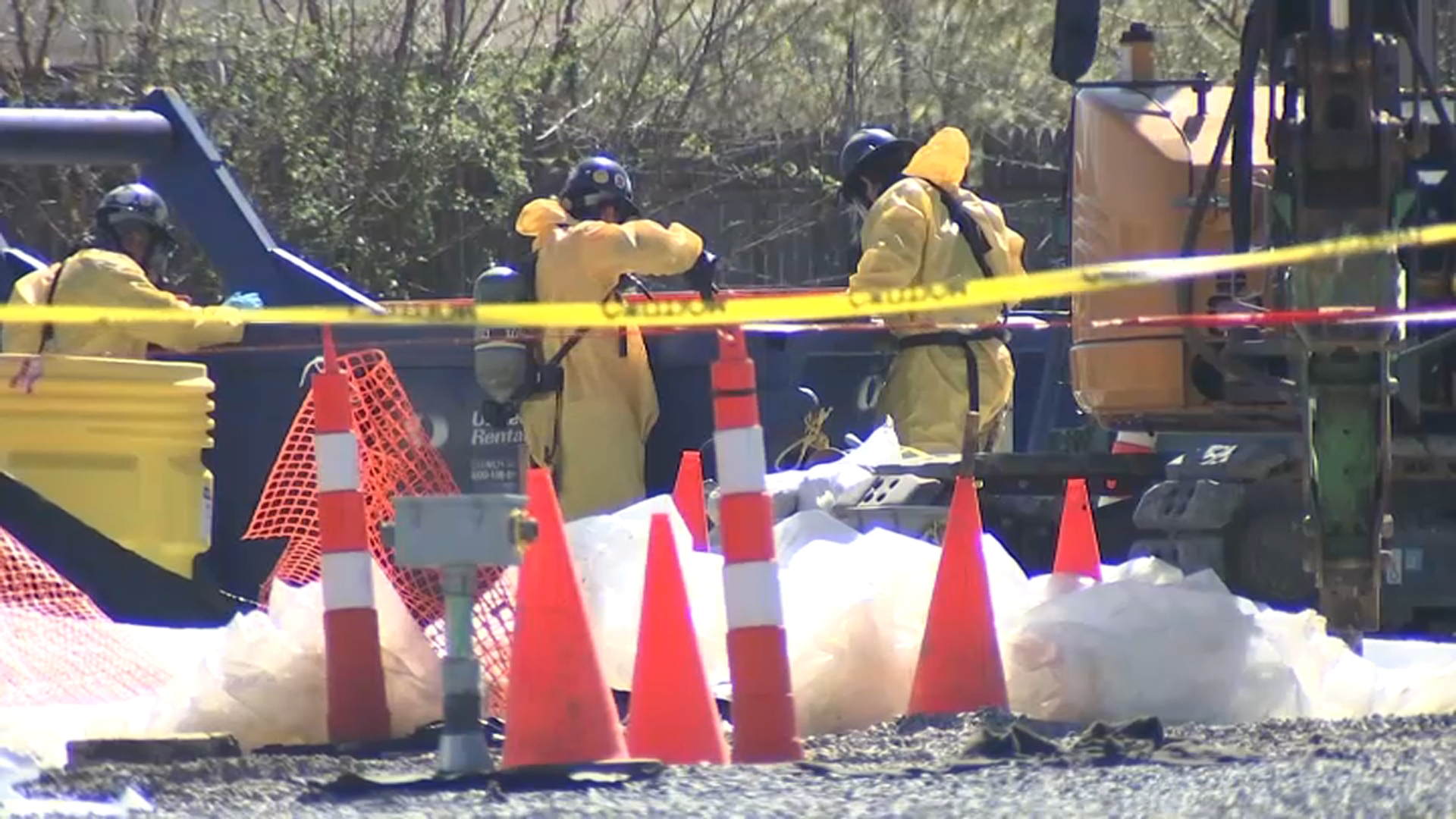A congressional inquiry into the threat of Islamic radicalization in U.S. prisons quickly devolved Wednesday into a debate about political correctness, street gangs and the quality of the nation's prison system.
The hearing was the second in what Homeland Security Committee chairman Peter King promises to be a series of inquiries into the radical Islamic threat in the U.S.
The majority of the recent terror plots against the U.S. have involved people espousing a radical and violent view of Islam, making it difficult to ignore the role religion plays in this particular threat. But critics say focusing too closely on Islam and the religious motives of those who have attempted terror attacks threatens to alienate an entire community.
Islam and terrorism has not become a centerpiece of the national presidential debates, but some Republican presidential hopefuls earlier this week discussed whether they would be comfortable with a Muslim in their administration. Herman Cain, a former pizza company executive and little-known candidate to become the Republican presidential nominee, said he would not want a Muslim who wants to kill Americans in his administration.
On Wednesday, law enforcement officials testified before the House Homeland Security Committee about prison inmates who adopt a radical interpretation of Islam while incarcerated and become intent on attacking the U.S. and its interests when they're released.
Michael Downing, deputy chief of the Los Angeles Police Department, said Islamic prison radicalization is a serious issue that law enforcement does not yet fully understand, because there's no formal way to measure it in federal, state and local prisons.
Republicans raised concerns about radical Islamic material finding its way into jail cells and prison chaplains who espouse a violent interpretation of the religion. Democrats asked about gangs of all kinds -- Asian, Aryan brotherhood, Latino and African American -- that operate in prisons and return to society only to commit more crimes.
Though the focus of the hearing changed multiple times, it ended much like the first in the series: divided among party lines. Rep. Laura Richardson, D-Calif., said the narrow focus of Wednesday's hearing "can be deemed as racist and discriminatory."
The committee's top Democrat, Mississippi's Bennie Thompson, said the committee should focus on the most dangerous people, not the few radical Islamic extremists who have tried to carry out plots.
"The violent right-wing ideology of many of these gangs must be discussed,'' Thompson said.
Local
"If we find out that Aryan Nation is allied with a foreign power, we will address it,'' King said. ``We are going to focus on a target which threatens the security of this nation.''
But political correctness isn't the only issue that needs to be raised, said Michigan Democrat Hansen Clarke. The focus of the hearing should be on what's wrong with the prison culture and how that can be changed, Clarke said noting that "my friends have rotted in prison!'' He was referring to friends he grew up with in
Detroit whom he said were in the wrong place at the wrong time. There are problems with the prison system, and it's costing taxpayers billions of dollars, he said. He appealed to tea party members to get on board with this issue.
"We're wasting too much of our taxpayers' money,'' he said.



